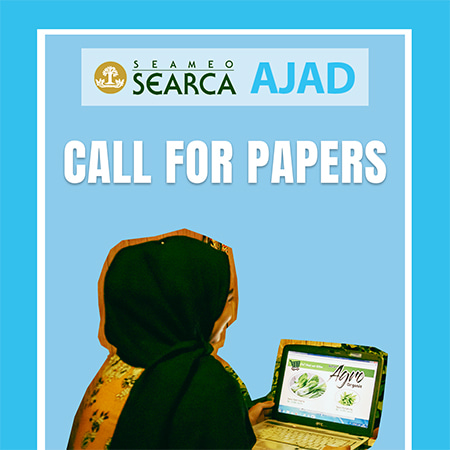- Paperback 1908-6164
- e-ISSN 2599-3895
In most general terms, this study aimed to determine the impacts of the capacity building assistance and interventions of SEARCA in the region. Since it was founded in 1967, SEARCA has graduated close to 1,2001 students and participants who have pursued graduate studies; and more than 13,000 who have completed short term training programs and research grants.
In spite of its well-meaning and purposeful initiatives, SEARCA needs to ascertain its contribution to capacity development for agricultural and rural development in the region. For instance, where have the graduate scholars of SEARCA gone? What have been their contributions to development, in general – and to agricultural and rural development, in particular? Said contributions can be seen at three levels: at the policy, organizational, and individual levels. The study has shown that many of the SEARCA graduates have indeed contributed to the development and improvement of agricultural and rural development. These can come in the form of having been appointed to influential (though not necessarily visible) positions in the agriculture sector, in the government, in the academe, or in the private sector. These can be in the form of carrying out original research that continues to push the frontier of knowledge for agricultural development and/or in the form of crafting policies on agriculture that have influenced the agriculture and related sectors at the micro- or macrolevels. Said contributions may have merited the SEARCA graduates awards and recognition by local and international bodies or organizations. All told, these accomplishments and achievements would not have been attained without the moral, financial, and professional support received by the graduates. The study also identifies potential future directions of research specifically towards developing leaders in agricultural and rural development. This includes the design and development of a module that would highlight the unique ethos and culture of a SEARCA alumnus. After all, the capacity building interventions of SEARCA have resulted in the emergence of leaders in agricultural and rural development in the region. It is within this context that the impact of SEARCA was examined by this study.
Download for free
PDF format in this language: English


